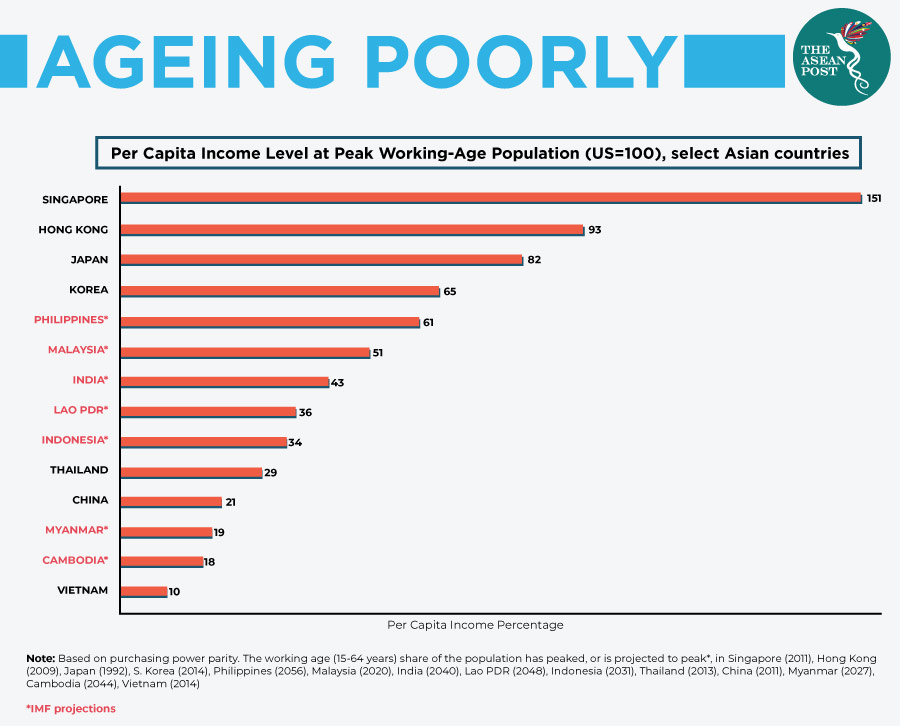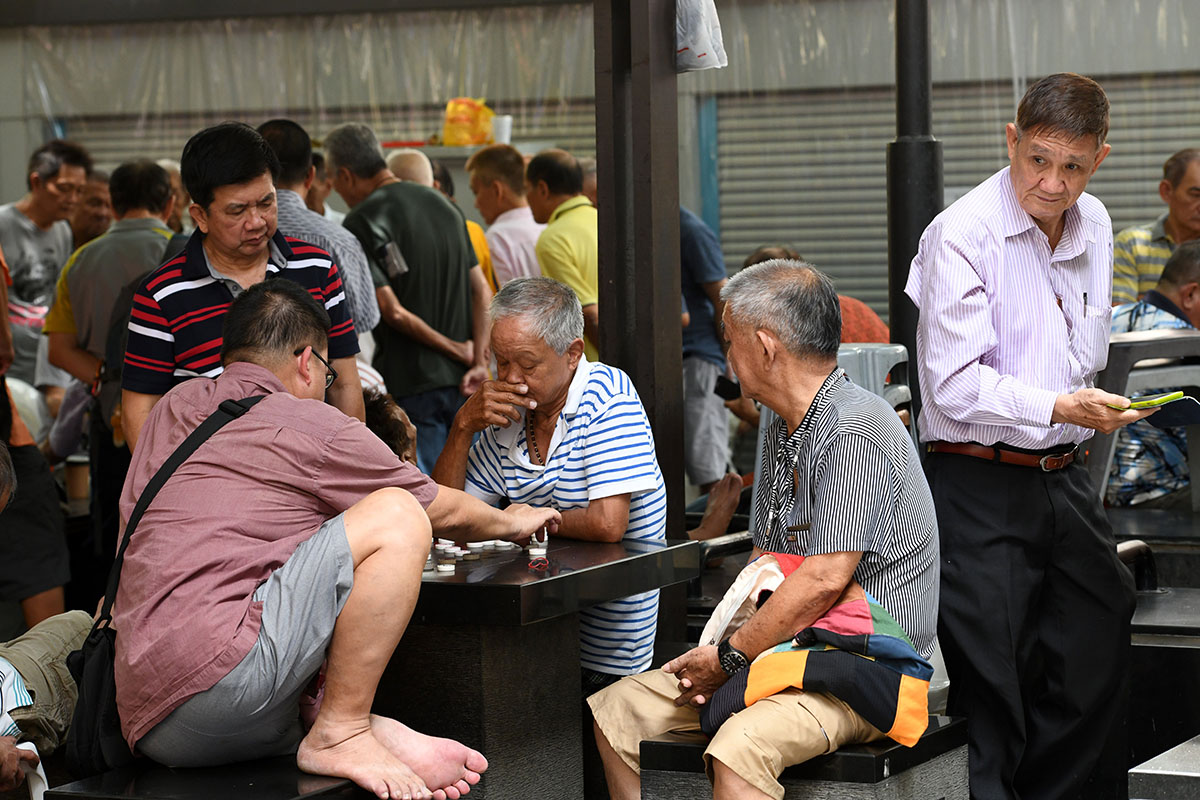As the only country across the globe that has the label ‘Smart Nation’ attached to it, Singapore is known for widespread integration of science and technology into its economic and social fabric. From planned self-driving buses to Intelligent Transport Systems (ITS), Singaporeans are generally proud to embrace the technological shift that they are now synonymous with. However, the island Republic has to deal with the problem of an ageing population, a demographic that might not be as technologically adept as its younger counterparts.
The use of electronic devices is often associated with the latter, those who are tech savvy and are able to manoeuvre their way through the many applications on their smartphones. In building a Singaporean society that is not technologically averse, the proposals and plans carried out towards that aim ought to include senior citizens in the picture. With the arduous task of trying to comprehend new technologies on their own, seniors are often left exasperated and unable to cope with the demands of a highly digitalised world.
Ageing populations are causing massive headaches for governments in the region. Leaders of ASEAN countries are grappling with the very real threat of a shrinking labour force, escalating healthcare expenditure, and pension costs within a volatile economic environment. To add to this list of challenges is the fact that people in Southeast Asia are ageing poorly in the economic sense. The lack of financial literacy could affect the workforce as the cogs within the machinery age rather ungracefully.
A lack of digital awareness among senior citizens is a regional concern. Among ASEAN countries, Singapore has the highest percentage of seniors within its citizenry. According to Oxford Economics, Singapore will be on the back-end of an ageing population, with labour supply forecasted to decline by 1.7 percentage points through 2026. Highly dependent on foreign labour, the island nation is facing a crisis that most of its neighbours are spared from at the moment. In 2035, it is projected that the population of Singapore above the age of 65 will be 31.74 percent, a percentage that is high considering Singapore’s total population of only 5.8 million today.
Against this relatively bleak backdrop, measures have been put in place by the Singaporean government in tackling the issue of a dearth of digital awareness among its seniors. The Infocomm Media Development Authority (IMDA) of Singapore has created a website that helps seniors learn how to go digital. Launched in June last year, the IM Silver Portal provides online guides, e-books, videos, and seminars that enable seniors to learn the rigmarole of mobile and digital technologies.
Through the use of the IM Silver Portal, “… it is now even easier for seniors to learn how to use technology to stay connected with friends and family, enhance the quality of their lives through online resources and at the same time, stay safe from cybercrimes,” said IMDA chief executive, Tan Kiat How in an interview.

Singapore’s increased bandwidth capacity means its citizens inevitably face greater exposure to cyber-attacks as technology plays an increasingly central role in everyday life. More often than not, cyber-criminals often target senior citizens, knowing that this group is more susceptible to fraudulent invitations online, besides the common short messaging system scams. According to a study by the Stanford Centre on Longevity, and the United States Financial Industry Regulatory Authority’s Investor Education Foundation, seniors tend to lose their money once targeted. The study revealed that those over 65 years are 35 percent more likely to lose money on a financial scam than others in their 40s.
It is hoped that other Southeast Asian countries are able to mitigate the challenges that come with understanding technology from the viewpoint of their senior citizens. Singapore’s decision to create a website to help this particular group be more technologically aware is not a solution in itself, but it certainly helps in heading towards that goal. Such a move should be emulated and before it is too late, measures should be taken by governments around the region in implementing ways to educate the older generation to accept and use technology in their daily lives.
